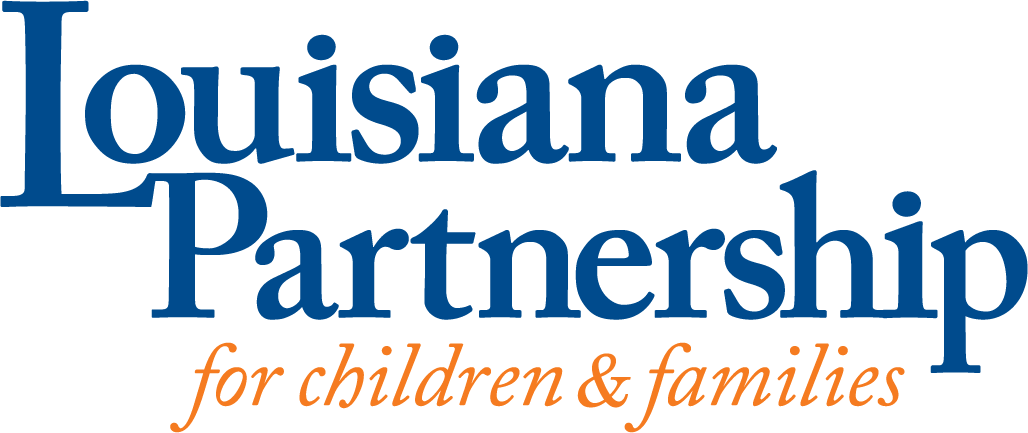More than 500 state lawmakers from 49 states have signed a letter urging Congressional budget writers to increase federal spending on early childhood education.
The letter, delivered to Capitol Hill Thursday, urges Congress to prioritize early childhood education to “provide greater access to children in need, and produce better education, health and economic outcomes.” The letter does not call for a specific amount of spending, nor does it suggest a source for the money.
“We believe that maintaining and expanding high quality early childhood education is an effective and efficient expenditure even when budgets are tight,” the letter states. “We urge you to make these investments in young children a priority in your deliberations.”
The letter, coordinated by the First Five Years Fund, an early childhood education advocacy group, includes signatures from 437 Democrats, 67 Republicans and one Independent. The lawmakers come from every state but Indiana. According to recent poll, early childhood education is a rare issue that enjoys bipartisan public support.
President Barack Obama has proposed making high-quality preschool available to every four-year-old. To pay for it, he has suggested increasing the federal tax on cigarettes by 94 cents a pack (from $1.01 to $1.95), which would generate an estimated $78 billion for preschool over 10 years. Obama has said he is open to alternatives to that approach, which has not attracted much support.
The Strong Start for America’s Children Act, which is being pushed by Democrats but has a handful of Republican supporters, would create federal-state partnerships to provide prekindergarten to low- and moderate-income children. The measure would send federal money to states to help them pay for prekindergarten for 4-year-olds from families earning below 200 percent of the federal poverty level, or $47,100.
“Increasing federal funding in early childhood education, as proposed in the bipartisan Strong Start for America’s Children Act, is the way to help states and families create opportunities for young children,” said Kris Perry, executive director of the First Five Years Fund. “Such federal investments will support states as they grow their programs, serve more children and families and develop robust early childhood systems which will more than pay for themselves.”
Supporters of early childhood education point to research that shows it is a good investment. James Heckman, an economist at the University of Chicago, argues that every dollar invested in early childhood education results in a $7 return based on increased school and career achievement and reduced costs in remedial education, health care and the criminal justice system. Critics, such as Grover “Russ” Whitehurst , director of the Brown Center on Education Policy at the left-leaning Brookings Institution, argue the evidence is mixed at best.
Meanwhile, states have forged ahead with a wide variety of policies on early childhood education. A recent reportby the Education Commission of the States looking at 38 bills from 25 states during the 2013 legislative sessions found that state legislatures this year strengthened oversight of early childhood programs, expanded access to high-quality early childhood programs and redirected funding to early childhood education. Minnesota created a new prekindergarten scholarship program for low-income families and Hawaii and Mississippi established statewide voluntary prekindergarten programs, for example.
